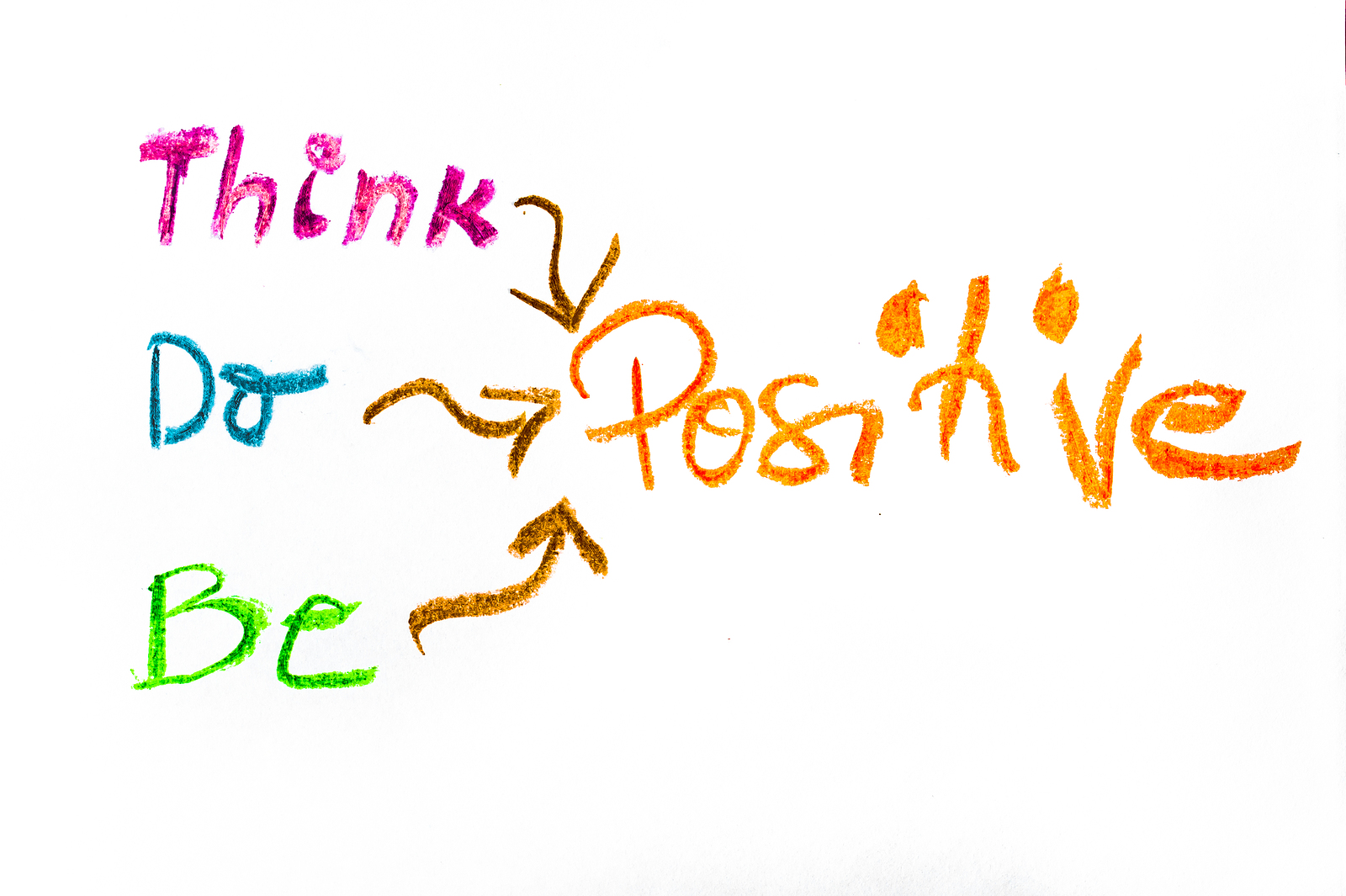When thinking about the tools for my professional inquiry I already had a basic idea of things I could do. However I wanted to read reader 6 with an open new mind to add or develop any ideas of tools I already had!
Designing Practitioner Inquiry
'In any inquiry design, importance is placed on the validity of the inquiry' - (Reader 6, pg 6, 2016) This is something I had already thought about in the ethical dimensions, not to ask a question unless it is a valid and relevant one. Using the tool interviews to obtain relevant information for example.
'Another concept, reliability, identifies whether you have carried your inquiry in such a way that will gain consistent results...' (Reader 6, pg 7, 2016) This essentially means that if I am asking similar people who have a performing arts background the same interview questions, am I getting the same results/similar answers from them.
Generalisability is also covered within the reader, will the research have relevance beyond its initial objective? Could I use the research for something else?
The research of the inquiry can be taken in two different ways, one being the
qualitative, using participants views as a basis for the inquiry and the other being
quantitative, using a more scientific paradigm, producing statistical data.
The qualitative researcher must be aware of their own biases and the qualitative research is less likely to be used futher than its original objective (generalisability).
The quantitative researcher is usesful to produce averages but on a small scale inquiry perhaps isnt as reliable?
Data Collection Tools
Observations- Conducting an observation allows you to watch and record/analyse an event, for example noticing behaviour of participants, observations ethically would mean the participants would have to know they were being observed but then does this in turn cmake them act differently. The situation of an observation at my workplace would be if the production manager was to come and watch a day of work , would we deliver the entertainment any different to our guests knowing we were being watched?
Interviews- Interviewing is a qualitative tool where you collect what people say. Interviews can be conducted in many ways, face to face, skype, telephone etc. It allows the questions to be asked , their responses can be used as data in the end result. There are a number of different methods of interviewing...open interviews( the interviewee speaks freely), semi structured (questions set by the interviewer are answered), narrative (a story telling format), informal/guided (covers topics but no set questions) Yes/no answers are closed questions, and open questions allow the participants to give their own interpretation.
Focus Groups- Essentially a group interview but they have interaction with the participants rather than just the interviewer. The atmosphere can open up new questions that you perhaps didnt think of but are very relevant to your inquiry. Shy personalities don't work in situations like this and likewise a group of performers would all be very opinionated strong confident characters so may create tension.
Surveys/ Questionaires- a survey for the participants is relatively an easy thing, low response rates will lower the validity of an inquiry. Web based surveys are becoming increasingly popular. They are a quantitative approach to research however open questions can invite a qualitative answer.
Looking at documents- gathering documents and analysing them can play a vital part to an inquiry, data collection is based on docments of various kinds. Journals/diaries are a qualitative approach whereas documents with existing research would be a quantitative approach. Reader 6 gives a good way of analysing a document and I will use the questions from the reader when looking at documents in the inquiry process.
Looking at all the inquiry tools I think the most useful for me would be an interview and survey situation. I would love to be able to do a focus group but I do think a group of confident entertainers will not be the best way to conduct some research, whereas individually, although time consuming I can get more detailed results. Surveys are also something I want to be able to conduct as I feel that the research doesn't have to be in my workplace, it can be any individual. Perhaps creating a survey with some qualitative approaches will help develop questions I can use in an interview situation.
My next stage of development is asking members of my SIG community some of the questions I am coming up with for my surveys etc. It would be interesting to know your thoughts and ideas on what tools you think are the best approaches for your inquires.







